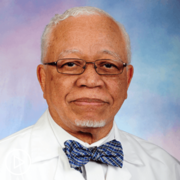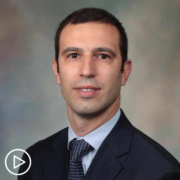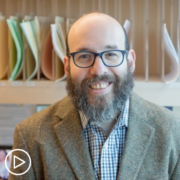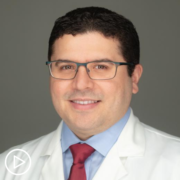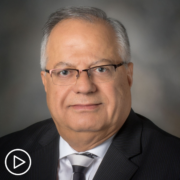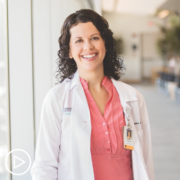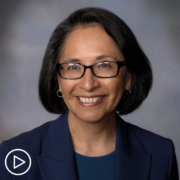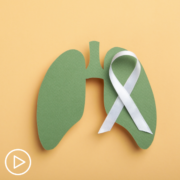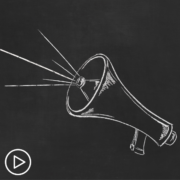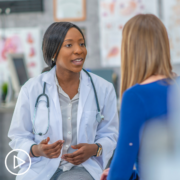Dr. Charlotte Gamble: Why Is It Important for You to Empower Patients?
Dr. Charlotte Gamble: Why Is It Important for You to Empower Patients? from Patient Empowerment Network on Vimeo.
Why is it important to empower patients? Expert Dr. Charlotte Gamble from MedStar Health discusses the benefits of patient empowerment and methods she uses to help build trust and to empower her patients.
See More from Empowering Providers to Empower Patients (EPEP)
Related Resources:

|
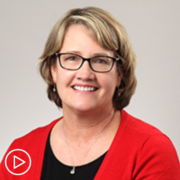
Charise Gleason: Why Is It Important for You to Empower Patients? |
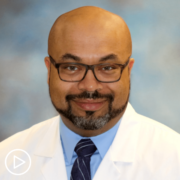
Dr. Craig Cole: Why Is It Important for You to Empower Patients? |
Transcript:
Dr. Charlotte Gamble:
Yeah, this is such a good question and like actually, goes to the reason why I chose to have a career in medicine and like why I’m doing this. I think that it’s really important to understand that patients are their own individuals and not the tumor, they’re the cancer that they have, that they have whole lives and are whole people before they walk into our clinic doors. And to understand that there is a whole life that they have had and will continue to have alongside a cancer diagnosis.
And so one of the things that I think is so important is when I talk to patients to really understand the condition of their lives, to understand how long it took them to get to my office, to understand who is with them or who is not with them in the room to understand what their fears are, what experiences have they had with the healthcare system prior to meeting me.
How do I regain trust or earn trust, in the context of a healthcare system and a, you know, political system that is, pretty fraught. And I think being able to listen, is one of the greatest skills that I’ve been taught and have really tried to work on. And listening in and of itself I think helps to empower patients because they find their voice because either the doctor listening to them and asking them to tell me what’s happening.
And so the mere act of me listening, this is something that doctors need to do, that helps I think, patients find their voice. I think what I had mentioned previously also was making sure that they have people in their lives that are aware of what’s happening in terms of their cancer diagnosis and treatment plan that can be a support to patients.
I think getting these diagnoses can be traumatizing and recognizing the trauma that having a cancer diagnosis, can have, and the ripple effect that it has on not only the patients, but those that surround them is really important to recognize the gravity of that. And that while I might be seeing 20, 25 patients with cancer in my clinic or operating on three to four patients in a day, these are, really seminal moments in a person’s life. And recognizing the gravity and the responsibility that I have as their provider to not only listen to them, but make sure that they are surrounded by love and compassion, by people in their lives. And making sure that they feel that they have the language to share their diagnosis with their loved ones and to bring their loved ones on for the ride, is really important. So, I don’t know. I listen. I try to make sure that they’ve got folks that are there and present. And, I think that that’s really kind of how I try to center patients in this whole cancer care process.




